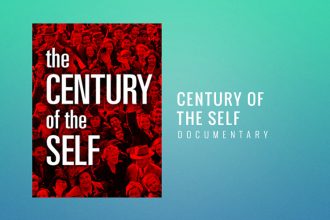
Tuesday March 4, 2014
The Art of Conversation Can Be A Masterpiece
Having good conversations is essential to working in Public Relations. I spend a lot of time attending events, launches and dinner parties and with these social engagements come the necessity of being able to converse easily with a wide range of people. It has taken me many years to hone this skill and I still work on it to this day.
Be Polite.
Politeness is key to the art of conversation. It has been said that ‘good-nature is natural politeness’ and whilst I agree with this I also believe manners can be learnt and practised. Politeness functions to make you and whomever you speak with feel comfortable and confident in conversation; it acts as a kind of social contract through which you can measure your behaviour. Don’t go too far, being overly polite also borders on rudeness. Rather, make sure that you frame your conversations in the way in which you would hope to be spoken to.
Learn to be silent.
Sometimes it is what you don’t say that is important. Learning to preserve silence and to listen politely to others is a skill that can, at times, be particularly difficult but it is crucial to having good conversations. Allow the other person (or people) their time to shine and to lead the conversation where they please, with perhaps only a few words of encouragement. This is what I call eloquent silence and is one of the most important skills to the art of conversation.
Know your audience.
Choose your topics of conversation with care by being aware of whom you are speaking to. Try not to bring up topics you know might offend or cause controversy and rather select areas of conversation which will encourage others into pleasant discussion. When I speak to artists for example, I try to ask about their work and influences in an inclusive way.
Tailor your language. I try to adjust my choice of words and topics accordingly with the type of event I attend and the people I talk to. It isn’t pleasant to make others feel inferior by using language they don’t understand or which distances them and likewise, over-simplifying language can be patronising. Try to speak with the confidence that you are including everyone in your conversation through your choice of language.
Let your opinion change.
If you do get into conversation about a difficult topic or one which you have particular opinions on, try not to force your point. You may believe you are right but it is much more elegant to seek truth in discussion rather than victory. No matter how strong your own belief is, allow for an intelligent and considered conversation about the topic, rather than an argument.
Be humble, avoid arrogance.
Modesty is one of the most alluring qualities in conversation and it allows for an air of intrigue as well. Try to let go of any pretension or arrogance and rather focus on connecting with others in an honest and human way. That is the real key to having good conversations, knowing that the pressure you feel in conversing is the same for others and trying to ease this by being friendly and polite.
The truth is there is a lot of human politics involved in the art of conversation and as such this can often be a difficult skill to master. The most important thing to remember is that we are all ultimately the same so speaking to others as you would wish to be spoken to is crucial. Be honest, polite, friendly and modest.
Curzon PR is a London-based PR firm working with clients globally. If you have any questions, please feel free to contact our Business Development Team bd@curzonpr.com




Follow us